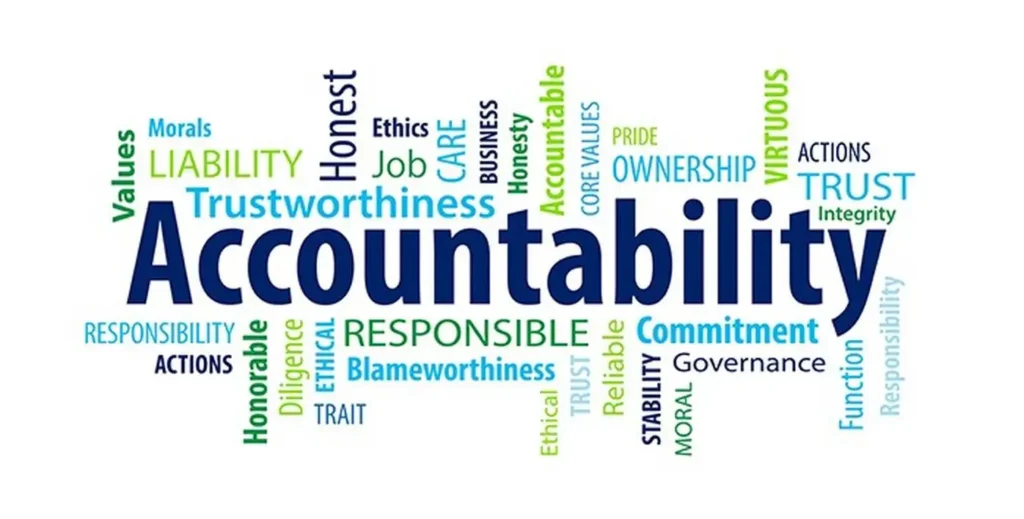A new wave of concern has emerged following reports of a potential revenue assurance arrangement at the Ghana Airports Company Limited (GACL), drawing sharp criticism from legal and governance expert Prof. Stephen Kwaku Asare.
The alleged deal, reminiscent of earlier controversial agreements like the SML-GRA contract, has reignited debate over Ghana’s continued outsourcing of core public revenue functions to private entities.
At the center of this growing criticism is what Prof. Asare described as a systemic failure—one masked by “assurance” contracts that are costly, opaque, and often awarded without proper scrutiny.
The latest development involves a purported plan by GACL to adopt a “copy-and-paste” version of the earlier Ghana Revenue Authority (GRA) deal with Strategic Mobilisation Ghana Limited (SML).
“The Pattern Is Alarming (and Familiar): GRA outsourced to SML; NPA handed fuel tracking to third-party firms; ECG, GACL, and others are exploring similar ‘assurance’ arrangements; It’s always after the fact. Always expensive. Always opaque.
“We’ve turned ‘failure to collect revenue’ into a thriving business model for the connected. This Must Stop. It’s a Symptom of System Failure: A properly designed revenue system should automatically collect what is earned.”
Prof. Stephen Kwaku Asare

According to Prof. Asare, this emerging pattern reflects an alarming governance lapse, where state institutions fail to build functional revenue collection systems and instead rely on third parties to “chase the leakage”—at a hefty cost to the taxpayer.
He likened this flawed model to constructing a tank that leaks and then hiring someone to mop up the spillage for a 25% commission.
Rather than fixing the leak, institutions are incentivizing inefficiency, creating what he described as a “thriving business model for the connected.”
He noted that disappointingly, most government agencies are reportedly exploring similar arrangements—each reactive, expensive, and implemented without public transparency.
System Design Failure Hurts Development
According to Prof. Kwaku Asare, the reliance on third-party contractors to recover uncollected revenue is a clear indication that the state’s revenue systems are not designed with control, verification, or accountability in mind.
He contended that this is not merely a technical oversight but a deep-seated governance failure—comparable to building a bank without locks and then rewarding someone for chasing down stolen money.
The legal expert pointed to the “perverse incentives” created by these contracts. Companies contracted to recover uncollected revenue—often for a percentage of the total—have little motivation to permanently fix systemic inefficiencies.
Their profitability hinges on the continuation of leaks, not their resolution. “They feed on the dysfunction,” he warned, implying that these firms benefit from the very problems they claim to solve.

“It’s a Legal and Ethical Quagmire. These contracts often bypass: Competitive procurement rules; Parliamentary scrutiny; Oversight by the Auditor-General or Controller & Accountant-General.
“They’re usually shrouded in secrecy and conveniently awarded to politically connected entities. You and I know that once they collect the loot, our loot recovery systems are not robust enough to recover them (Don’t even think about it— Loot Assurance?)”
Prof. Stephen Kwaku Asare
Instead of promoting accountability and reform within state agencies, these contracts, he argued, “breed laziness.”
Public officials shift blame to private contractors like SML or Evatex, then return to business as usual, insulated from consequences while the public bears the cost.
To address these failings, Prof. Asare proposed a comprehensive overhaul of Ghana’s revenue architecture.
He rejected the notion that a PhD in economics or digital technology is necessary to solve the problem. What’s needed, he said, is basic administrative discipline and common sense.
Among his recommendations were full digitization of all transactions with real-time audit trails and access control, segregation of duties to prevent collusion, automated reconciliation to match revenue collections with bank deposits on a consistent basis, and embedded internal audits that provide real-time oversight instead of delayed reviews.
He also advocated for public-facing dashboards that allow Parliament, civil society, and citizens to monitor revenue trends as they occur. According to him, “Sunshine disinfects.”
GACL Deal Reveals Governance Gap
Prof. Asare further made it clear that this is not a technology gap but a governance crisis. “Revenue is sovereignty,” he stated, underscoring that every uncollected cedi represents stolen potential—money that could have funded roads, clinics, and schools.
He added that if a director of revenue has to outsource their core function, they have failed in their role and should be held accountable.
He further questioned why officials who design broken systems are later rewarded with private contracts to fix them. “You couldn’t seal the leaks in the office, but now you want a commission to mop the floor?” he asked pointedly.
According to him, this contradiction underscores the unseriousness of the current governance culture.

Summing up his critique, Prof. Asare argued that Ghana does not have a “revenue assurance” problem but a “revenue amnesia” problem—a collective forgetting of how strong public institutions are meant to function.
Instead of building resilient systems, agencies are creating problems and outsourcing their solutions, resulting in contracts that enrich a few while draining the nation.
He lamented the situation as one where “bedbugs drink the elephant while the people sleep hungry,” urging a national rethink.
For him, the path forward is clear: fix the system, end the cycle of outsourcing, and restore public accountability. “Let’s fix the system. Not fund the failure.”
READ ALSO: Lands Minister Extends Mining Licence Rectification Deadline to August 2025



















